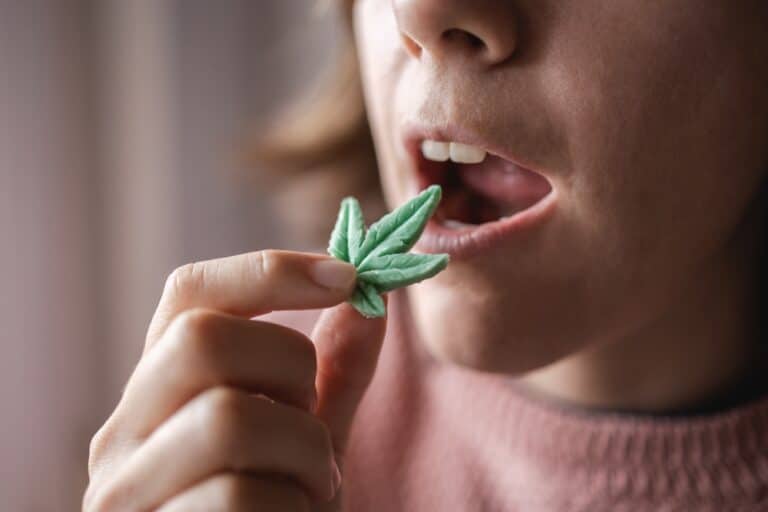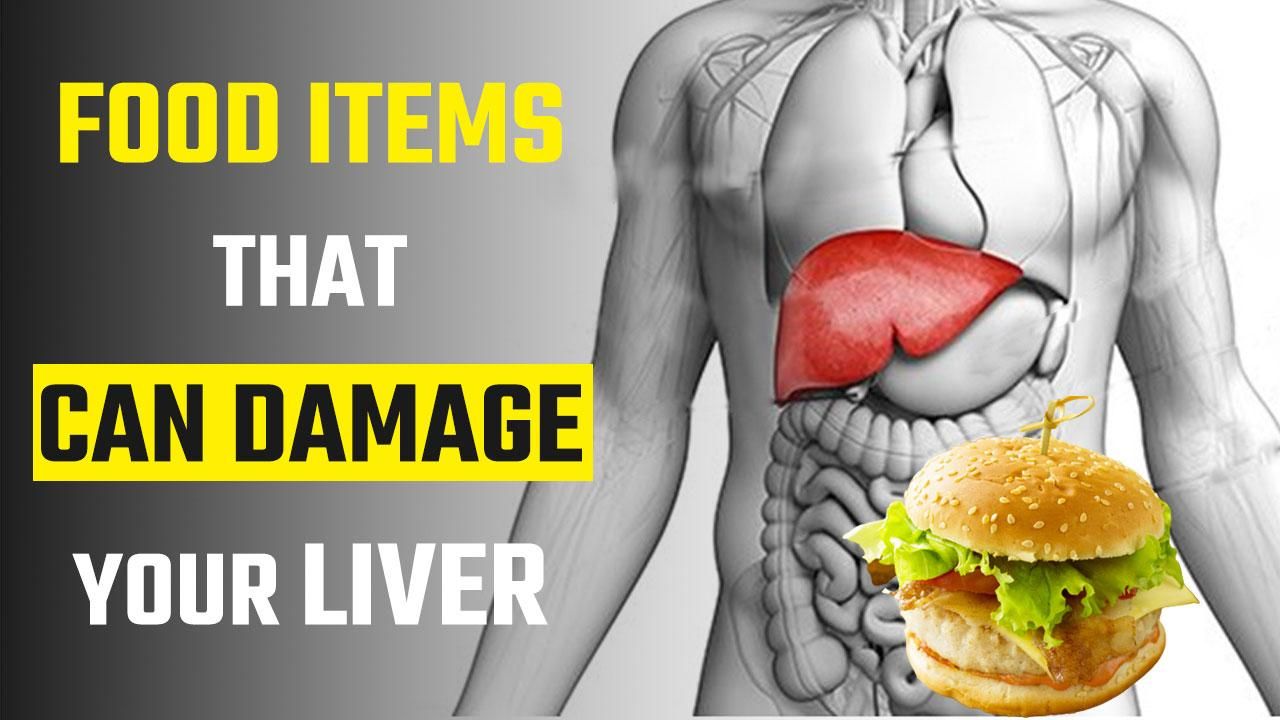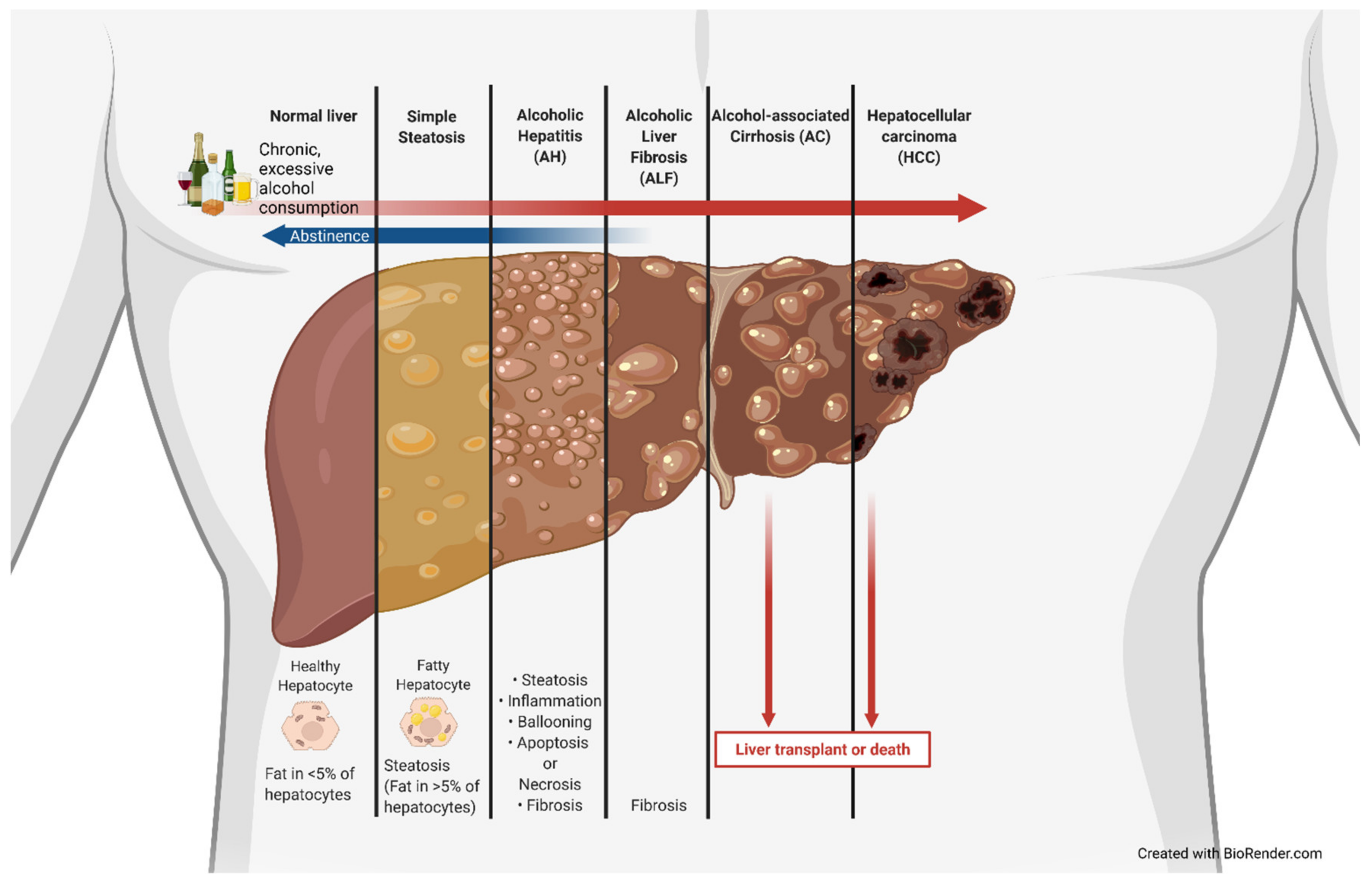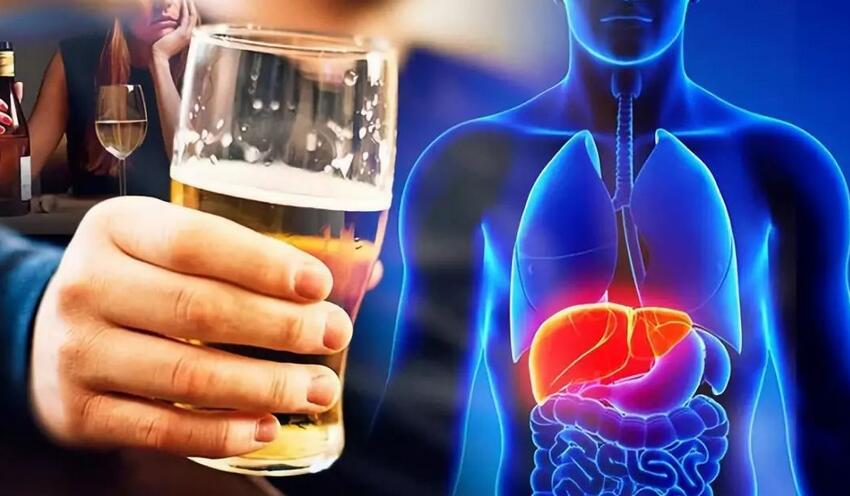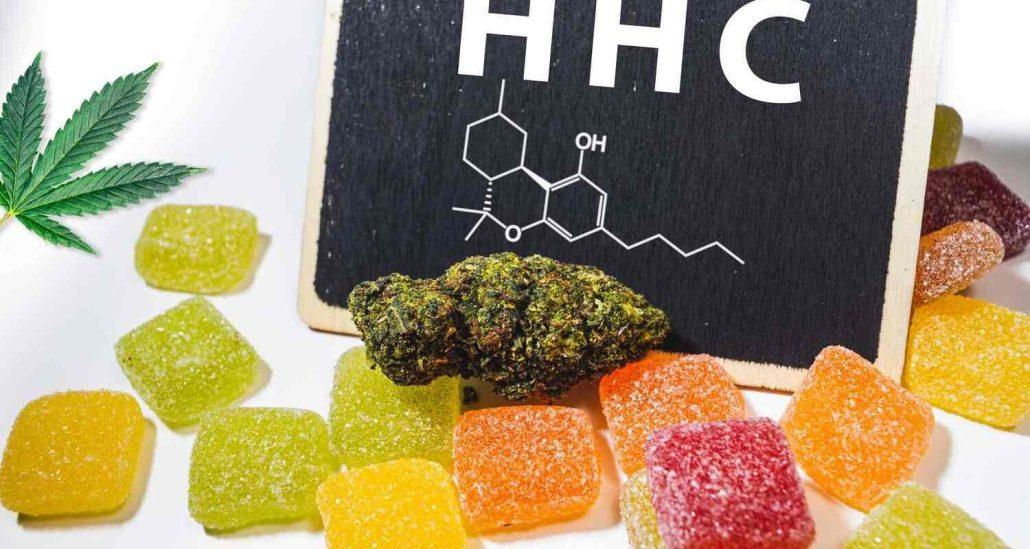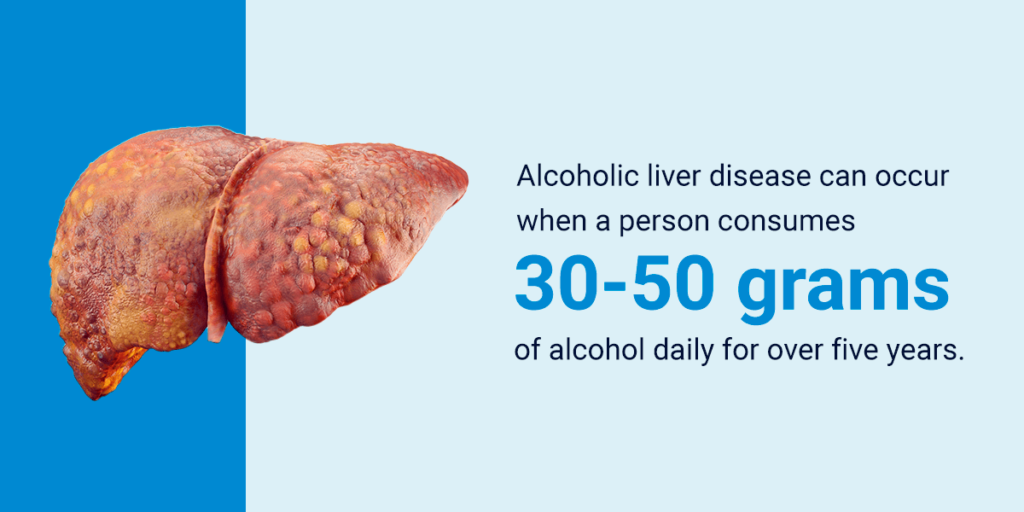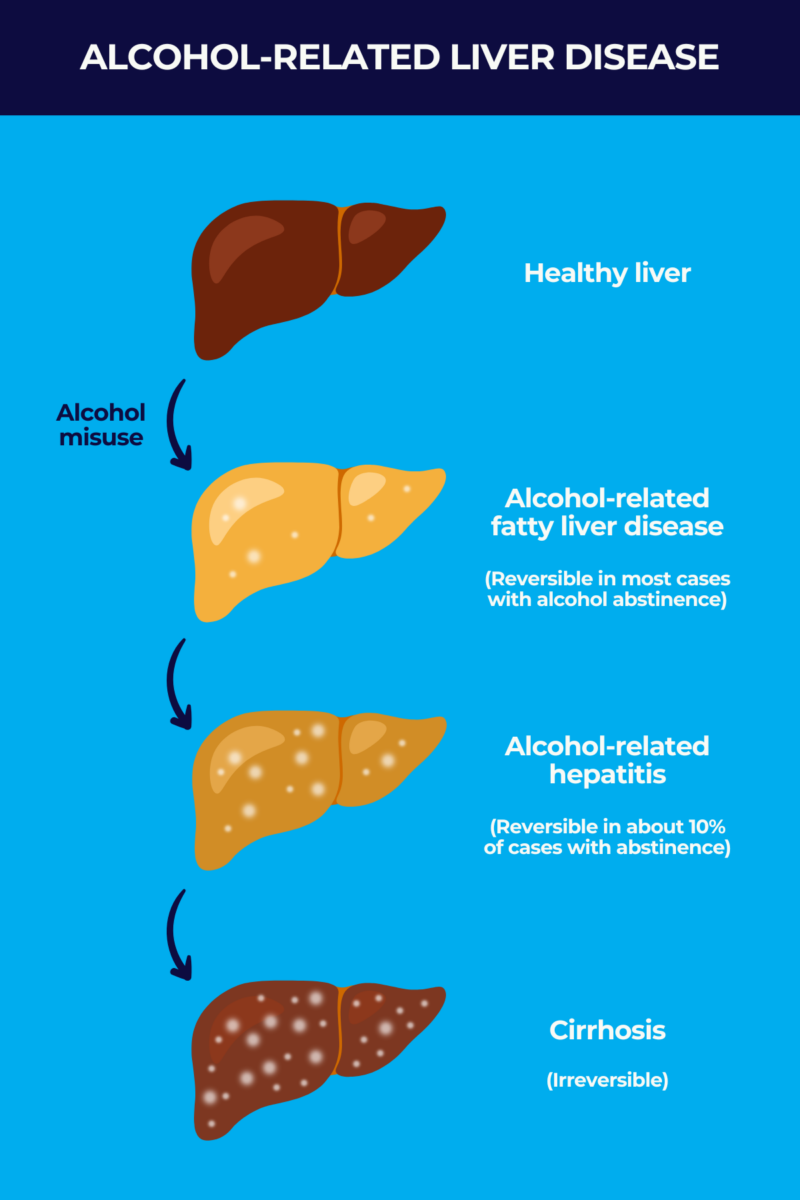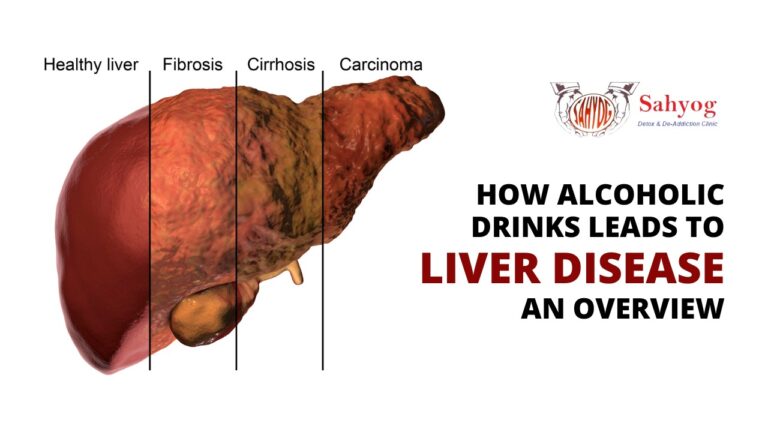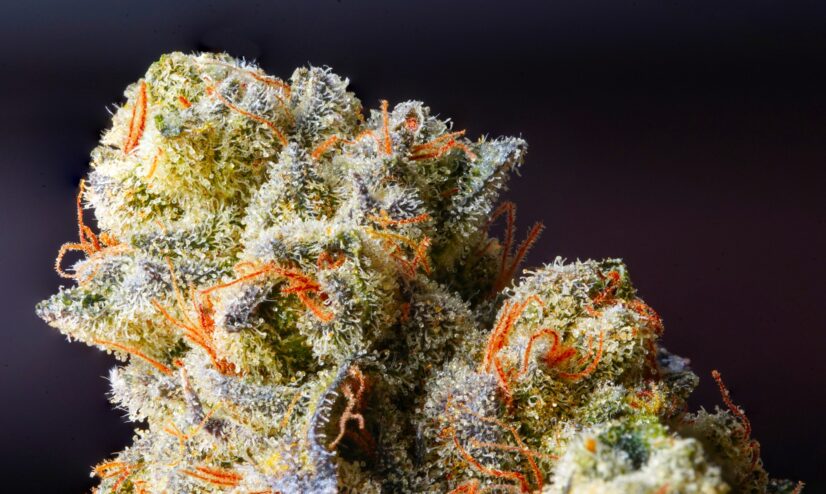Are Edibles As Bad For Your Liver As Alcohol

The rise of legalized cannabis across the globe has brought with it a surge in popularity of edible cannabis products. But as more people choose gummies, chocolates, and infused beverages, a critical question looms: Are edibles as bad for your liver as alcohol? The answer, it turns out, is far more complex than a simple yes or no.
This article delves into the burgeoning research on the effects of edibles on liver health, comparing them to the well-documented damage caused by alcohol. It examines the unique metabolic pathways of THC in edibles, the potential for liver injury, and the risk factors that might make some individuals more susceptible than others. Through scientific studies, expert opinions, and available data, we aim to shed light on this vital health concern, helping consumers make informed decisions.
The Metabolic Maze: How Edibles Affect the Liver
Unlike inhaled cannabis, edibles undergo a significant transformation in the digestive system. When cannabis is smoked or vaped, THC enters the bloodstream directly through the lungs. Edibles, however, are processed in the liver, converting delta-9 THC into 11-hydroxy-THC, a more potent and longer-lasting psychoactive compound.
This metabolic process puts additional strain on the liver. The liver is the primary organ responsible for detoxifying the body and metabolizing drugs, including cannabis. This first-pass metabolism can lead to higher concentrations of THC metabolites in the bloodstream, potentially increasing the risk of adverse effects.
Comparing Apples and Oranges: Edibles vs. Alcohol
The liver's response to alcohol is well-established and extensively documented. Chronic alcohol consumption can lead to a range of liver diseases, from fatty liver (steatosis) to alcoholic hepatitis and cirrhosis.
Alcohol directly damages liver cells, causing inflammation and oxidative stress. While the mechanism of action differs, the question remains: Can edibles cause similar damage, even if through a different pathway?
Emerging Research: What the Studies Say
Research on the specific effects of edibles on the liver is still in its early stages. However, some studies offer preliminary insights into the potential risks.
One animal study published in the journal "Toxicology and Applied Pharmacology" found that high doses of oral THC could induce liver inflammation in mice. While animal studies cannot be directly extrapolated to humans, they raise concerns about the potential for liver injury, particularly with chronic, high-dose use.
Human studies are scarce and often focus on the broader effects of cannabis rather than specifically on edibles. A study published in "Hepatology" found that individuals with chronic hepatitis C who used cannabis had a higher risk of developing steatosis (fatty liver). However, this study did not distinguish between different forms of cannabis consumption.
Dr. Laura Smith, a hepatologist at the University of California, San Francisco, explains, "We need more human studies specifically examining the long-term effects of edible cannabis on liver health. While the animal data is concerning, we can't make definitive conclusions without more robust clinical trials."
Risk Factors and Vulnerable Populations
Certain individuals may be more susceptible to liver damage from edibles than others. People with pre-existing liver conditions, such as hepatitis B or C, non-alcoholic fatty liver disease (NAFLD), or cirrhosis, should exercise extreme caution when consuming edibles.
The elderly, who often have reduced liver function, may also be at higher risk. Similarly, individuals taking medications that are metabolized by the liver may experience increased liver stress when consuming edibles.
"It's crucial for individuals with any liver issues to consult with their doctor before using edibles," advises Dr. David Lee, a gastroenterologist at Massachusetts General Hospital. "The potential for drug interactions and added stress on the liver could exacerbate existing conditions."
The Alcohol Analogy: A Case for Moderation
While the direct liver toxicity of edibles may not be as severe as that of alcohol, the principle of moderation applies. Overconsumption of anything that is metabolized by the liver carries a potential risk.
The unpredictable nature of edibles can also contribute to overconsumption. The delayed onset of effects often leads users to consume more than intended, increasing the burden on the liver.
"Start low and go slow" is the mantra for responsible edible consumption. This approach minimizes the risk of adverse effects and reduces the strain on the liver.
Looking Ahead: The Need for More Research
As the cannabis industry continues to expand, the need for more research on the health effects of edibles is paramount. Future studies should focus on the long-term effects of edibles on liver function, as well as the potential for interactions with other medications.
Standardizing dosage and providing clear labeling on edible products are also crucial steps. This will help consumers make informed decisions and reduce the risk of accidental overconsumption.
Ultimately, the impact of edibles on liver health remains an area of ongoing investigation. While the available evidence suggests that edibles may not be as acutely damaging as alcohol, caution and moderation are essential, especially for individuals with pre-existing liver conditions. More research is needed to fully understand the long-term effects of edible cannabis on this vital organ, and for physicians to confidently counsel their patients.

